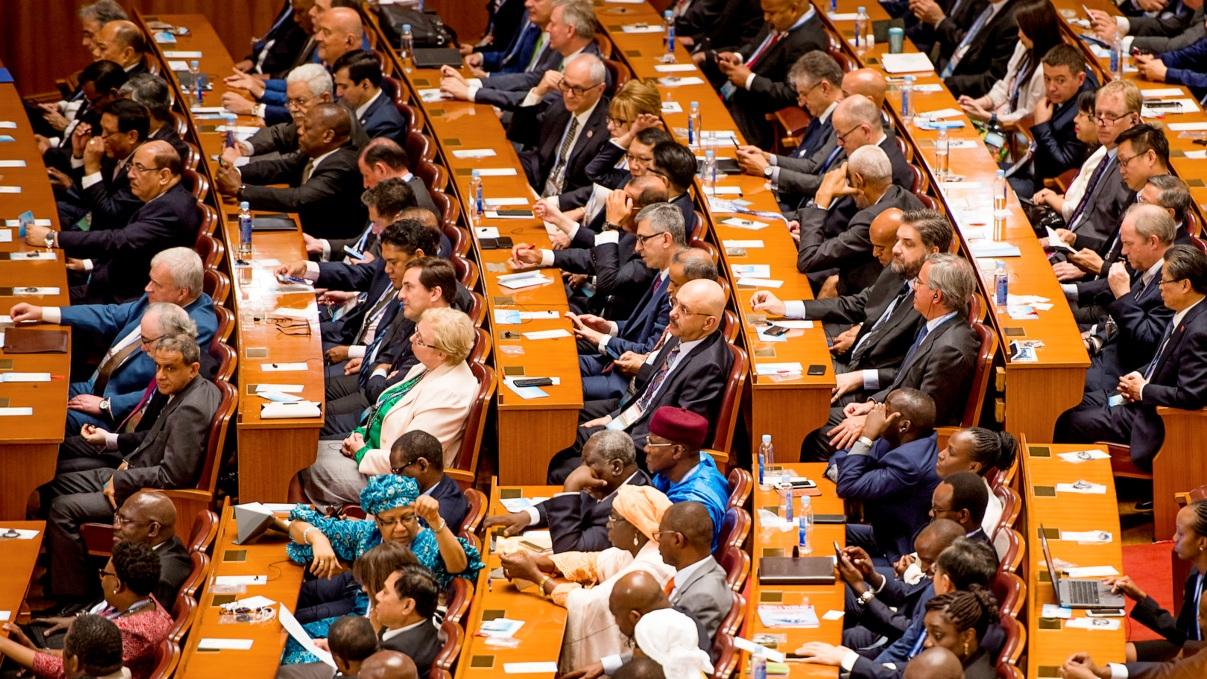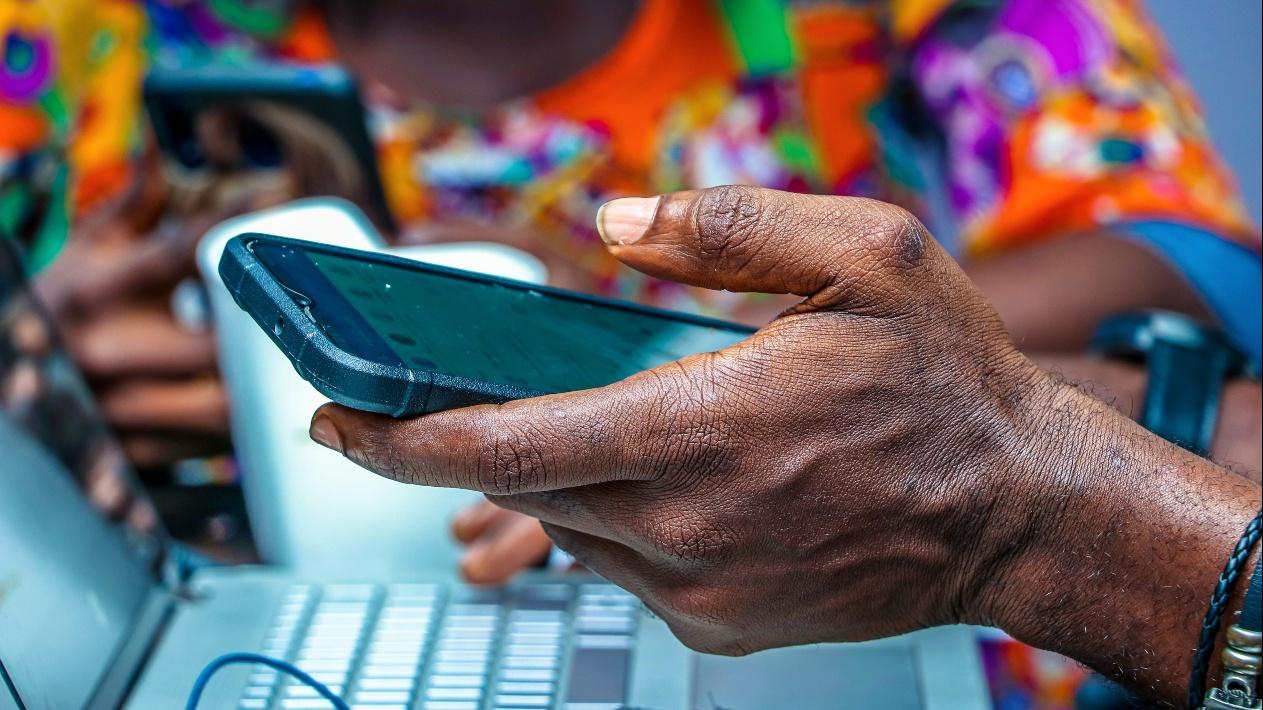Research on judicial discrimination in Africa has typically focused on the socio-economic determinants of bias in the courtroom. But according to a new study, ethnicity can also play a role in shaping judicial outcomes. The findings from this work are relevant to wider debates on the challenges of establishing rule of law and due process in multiethnic societies.
When the Kenyan Supreme Court nullified the presidential election results of 2017, it was the first time in African history that a court ruled against a sitting president. The decision was heralded around the world as a major step for political accountability and rule of law.
Since this historic decision, courts across the African continent have increasingly followed in Kenya’s example to play a more active role in holding executives to account and checking their attempts to consolidate power and extend their tenure in office.
What makes these decisions particularly striking is the fact that courts in Africa have more often been associated with corruption and bias rather than rule of law and due process. In fact, one of the bleakest assessments of the courts actually came from Kenya’s former Chief Justice Willy Mutunga, who remarked that the judiciary was “an institution so frail in its structures; so thin on resources; so low on its confidence; so deficient in integrity; so weak in its public support that to have expected it to deliver justice was to be wildly optimistic.”
In the years since this ominous declaration, confidence in courts remains low in many sub-Saharan African countries. Polls in Kenya, Ghana, Mali, Sierra Leone and South Africa, for example, reveal largely negative assessments of judicial performance and heightened public distrust, leading many to seek resolutions outside the formal court system when given the choice.
To explain these poor assessments, critics often point to a variety of underlying conditions, including socioeconomic inequality, the rural-urban divide and gender discrimination, which have undermined access to justice for marginalised groups and produced significant delays in judicial processing.
But what about ethnicity? Though ethnic identity has been shown to structure various aspects of social and political life in Africa, the role it plays in judicial decision-making has not been as heavily scrutinised. Academic research on ethnic discrimination in the courts has been primarily located in the United States, where judicial bias is often seen as falling along partisan or racial lines. Studies of African jurisprudence meanwhile tend to focus less on the political identity of the bench and more on high-profile crimes or constitutional questions. Often missing from these debates are the apolitical cases; that is, the routine, quotidian decision-making of judges in everyday offences. These cases not only better represent the day-to-day activities of the judiciary but are also likely have far greater impact on the lives of regular people.
Ethnicity in Kenyan courts
Our research suggests that ethnic bias can impede impartial judicial decision-making. Turning to the Kenyan criminal justice system, we find small but significant effects of co-ethnic bias in criminal appeals in the High Court; judges are on average 3-5 percentage points more likely to grant an appeal filed by a member of their own ethnic group. Though the effect of bias is relatively small, we find that the results remain significant regardless of the type of crime, location of the courthouse and year of judgment.
Intriguingly, bias does not appear to be driven by political incentives, which is what prior scholarship on ethnic favouritism would have predicted. But this makes sense considering the cases under review: everyday criminal adjudication, such as political contests that are not high-profile. While judicial corruption scandals have shown the extent to which justice can be bought for the right price, there isn’t obvious financial gain for judges to favour co-ethnics in criminal appeals. Put another way, it is unclear what payoff judges would receive in cases where the appellant is not a high-profile political player or the crime in question is a petty criminal offence.
But this begs the question: If judges do not directly benefit from these decisions, what other factors could sway their decision-making? One answer may lie in the social-political structure of diverse, multiethnic societies, which can create conditions ripe for psychological, implicit biases to play out in the courtroom. Insights from social identity theory and social dominance orientation in psychology informs us that in hierarchical societies members of socially dominant groups tend to hold greater affinity for members of the in-group and greater antagonism towards members of the out-group.
In Kenya, we find that co-ethnic bias appears to be strongest and most consistent among judges from the Kikuyu ethnicity, one of the politically and economically dominant ethnic groups in the country. But we do not find evidence that Kikuyu judges rule more harshly against non-Kikuyus. Favouring a co-ethnic thus should not be seen as equivalent to discriminating against a non co-ethnic.
To our knowledge, ours is the first study to statistically analyse ethnic bias in the Kenyan courts at such a granular level (for example, our sample draws on nearly 10,000 cases). Our study was made possible by innovations in open government that have created unprecedented access to data on judicial decision-making in Kenya. These innovations actually stemmed from the 2007 post-election violence period, wherein 1,200 Kenyans were killed following the hotly contested presidential election. As part of a broader response to the crisis, which included constitutional and judicial reform, the government introduced Kenya Case Law: a free, online legal database that makes it remarkably easy to look up information about Kenyan jurisprudence.
One of the most useful features of Kenya Case Law is that it makes available the full text of legal decisions, meaning we can see the logic of judicial decision-making spelled out directly on the page. This kind of information lends itself to a text-as-data approach, wherein researchers can investigate whether and to what degree patterns of legal language actually correlate with judicial bias. In our study, we found suggestive evidence that judges use more terms of trust – often associated with psychological attachments to one’s own group – when ruling on the case of a co-ethnic appellant. This finding is particularly surprising given that Kenyan judges are explicitly instructed against using extra-legal motivations in their writing.
Kenya’s innovations in digital technologies have led to remarkable achievements in governance transparency, especially with respect to judicial decision-making. This has valuable lessons for other countries experiencing crises of confidence in the judicial branch of government. But even in places that have made substantial progress on such reform in the short-run, it remains open whether and how courts will be able to deliver consistent and equitable justice for everyday people over the long-run. As more data is brought to bear on these issues, we will gain deeper understanding of both the causes and consequences of judicial bias in places like Kenya and beyond.
Photo by EKATERINA BOLOVTSOVA from Pexels.





